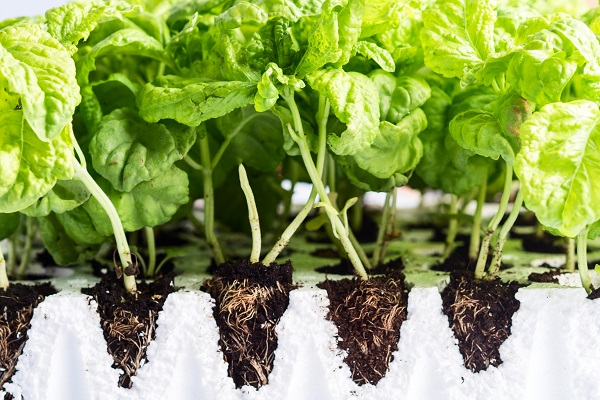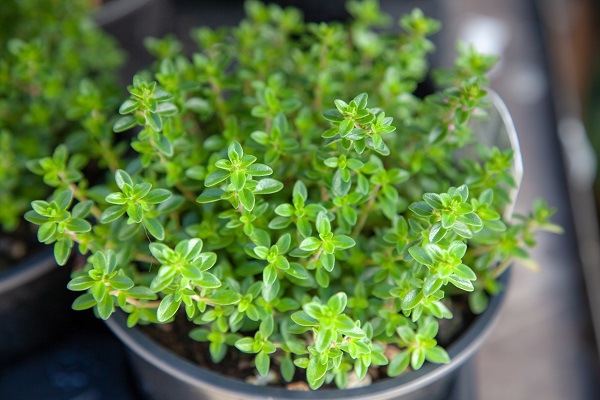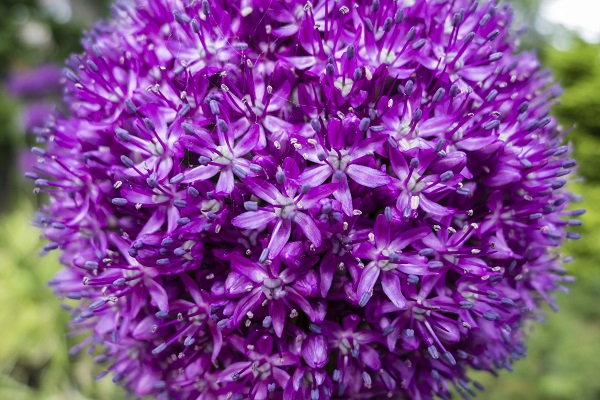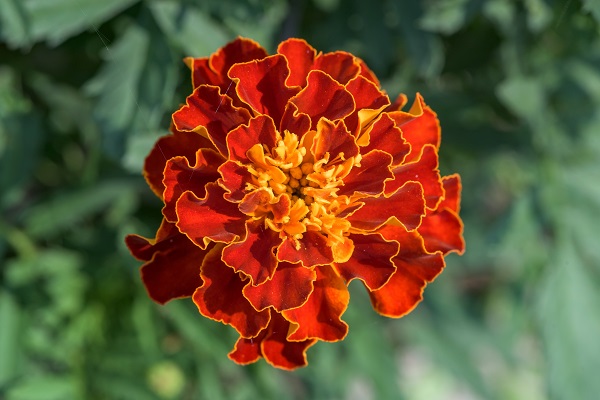Your home often becomes an unintentional haven for these pests in a world with buzzing insects, flies, and mosquitoes. These uninvited guests add a nuisance to your life. While instant solutions such as insecticides or repellents might seem attractive, their potential harm to health and the environment cannot be overlooked. However, a more eco-friendly, healthier, and surprisingly aesthetic answer to this issue is closer than you may think. Many plants can effectively repel various household pests, from irritating flies to ants and garden nuisances.
By strategically placing these plants around your home, garden, or flower beds – particularly in areas where insects congregate – you can create a natural barrier against these unwanted critters. These plants are beautiful and useful additions to your living spaces and contribute to the maintenance of an insect-free home.
Contents
Lemongrass

Originating from Asia, lemongrass, often called the citronella plant, is a decorative herb that grows up to 4 feet tall and 3 feet wide. Besides its medicinal properties, lemongrass is an excellent natural mosquito repellant. The herb is rich in citronella oil, a component that mosquitoes find particularly repelling.
To maximize its efficacy, consider planting lemongrass in movable planters. This will allow you to strategically position them where mosquitoes are most problematic. Interestingly, lemongrass serves multiple purposes; in addition to its mosquito-repelling qualities, it’s also a flavorful addition to salad dressings and various cuisines, rendering it both practical and palatable.
Basil

Renowned globally for its pivotal role in various cuisines, basil is an often underestimated weapon against house flies and mosquitoes. This delightful herb, typically found in salad dressings, chicken, pork recipes, and various soups, doubles as a potent insect repellent. Small containers of basil can be conveniently placed in areas of relaxation or reading, creating an invisible barrier against annoying insects.
Moreover, a homemade insect repellent spray can be easily crafted from fresh basil leaves. A potential solution is created by steeping 4 ounces of basil leaves in an equal amount of boiling water and letting it infuse for several hours. Squeezing out the moisture and oils from the infused leaves and mixing in 4 ounces of vodka results in an effective, natural insect repellent that can be stored in the refrigerator and used as needed.
Lavender

While humans adore the soothing scent of lavender, insects such as fleas, flies, mosquitoes, and moths detest it. Placing lavender bouquets around the home or garden can create an insect-repelling aura. Moreover, when applied to the skin, the oil extracted from lavender works as an effective mosquito repellent while simultaneously nourishing your skin.
In addition to its insect-repelling abilities, lavender is recognized for its calming properties and is often used to aid sleep. A timeless household staple, this plant provides an intoxicating fragrance alongside a formidable defense against insects.
Bay Leaves

Beyond their culinary applications in sauces, soups, and curries, bay leaves possess potent insect-repelling capabilities. The strong aroma of dry bay leaves deters a wide range of insects. Simply sprinkle them in infested areas and witness the disappearance of unwanted pests. However, remember to replace these leaves regularly as their scent diminishes over time, inviting insects back. With their insect-repelling potency rivaling some insecticides, incorporating bay leaves in your home can be a safe, effective method to combat the insect issue.
Lemon Thyme

Lemon thyme is a resilient herb, capable of thriving in various conditions, whether rocky, shallow, or dry soil. This adaptability allows you to plant them anywhere, from your herb garden or kitchen to a rock garden. As long as they receive adequate sunlight, these plants flourish.
Interestingly, the repellent properties of lemon thyme against mosquitoes require a simple action to activate: bruising the leaves. You release the scent that mosquitoes detest by rubbing a few stems between your hands. The aroma lingering on your skin can effectively deter these pests for days.
Alliums

The Allium family, which includes stunning flowers such as the Giant Allium, is a formidable ally in the fight against garden pests. These ornamental plants are potent natural insecticides, fending off pests like aphids, slugs, cabbage worms, carrot flies, and Japanese beetles. Particularly if you’re growing plants like peppers, tomatoes, potatoes, broccoli, or cabbage, Alliums can be of tremendous help. The family also includes leeks, shallots, chives, and garlic chives, further expanding its utility and aesthetic appeal.
Marigolds

Beyond their vibrant beauty, marigolds offer an array of protective benefits. They serve as excellent deterrents for mosquitoes, insects, and even rabbits. Farmers have long used them to guard against plant-parasitic nematodes. The limonene chemical released by marigold plants notably protects tomato plants from whiteflies. These bright and cheerful plants thrive in sunlight and can provide year-round protection.
Extra Tips: Enhancing Your Insect-Repelling Arsenal
While incorporating insect-repelling plants into your home and garden is an excellent strategy, a few additional steps can further optimize your defense against pests. Maintaining cleanliness, especially in your kitchen and dining areas, prevents insects from invading your space. Always cover your food and dispose of trash regularly to prevent the smells from attracting pests.
Additionally, ensure your windows and doors are well-sealed. Small gaps or cracks can serve as entryways for insects. Regularly inspect these areas and consider installing fine-mesh screens for windows, doors, and ventilation openings.
Water bodies can also be breeding grounds for mosquitoes. Regularly change the water in your pet’s dish, bird baths, and plant pots to deter mosquito reproduction.
Lastly, consider integrating electronic or solar-powered insect repellents. These devices can complement your natural, plant-based insect deterrents, giving you a more comprehensive defense against pests.
Conclusion
By incorporating these plants into a kitchen garden or strategically placing them in your home, you can naturally deter pesky fruit flies and other insects. These plants not only deliver a delightful aesthetic and aroma but also offer many benefits beyond their insect-repelling properties. The best part is that they are hardy and easy to care for, making them accessible to even those without a green thumb. Embrace these beautiful, aromatic, and practical plants, and enjoy an insect-free environment in a natural, sustainable way.
Sources:
- “Lemongrass.” Gardening Know-How. www.gardeningknowhow.com
- “Basil.” The Old Farmer’s Almanac. www.almanac.com
- “Lavender.” WebMD. www.webmd.com
- “Bay Leaves.” Healthline. www.healthline.com
- “Lemon Thyme.” The Herb Society of America. www.herbsociety.org
- “Alliums.” RHS Gardening. www.rhs.org.uk
- “Marigolds.” The Old Farmer’s Almanac. www.almanac.com
By exploring these sources, you can learn more about the unique qualities of each plant, get tips on their care and usage, and discover how best to incorporate them into your insect-fighting strategy.


